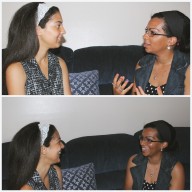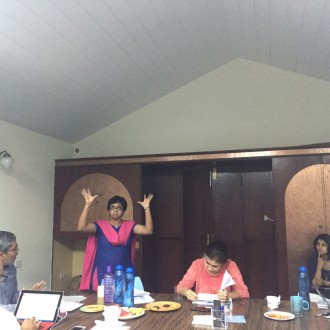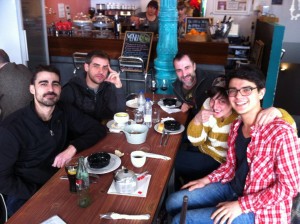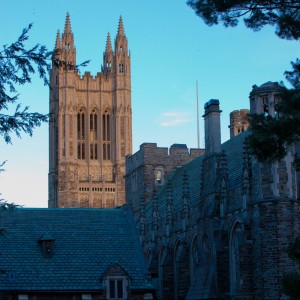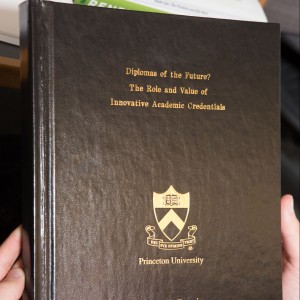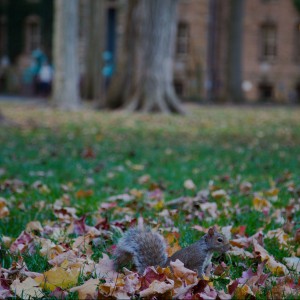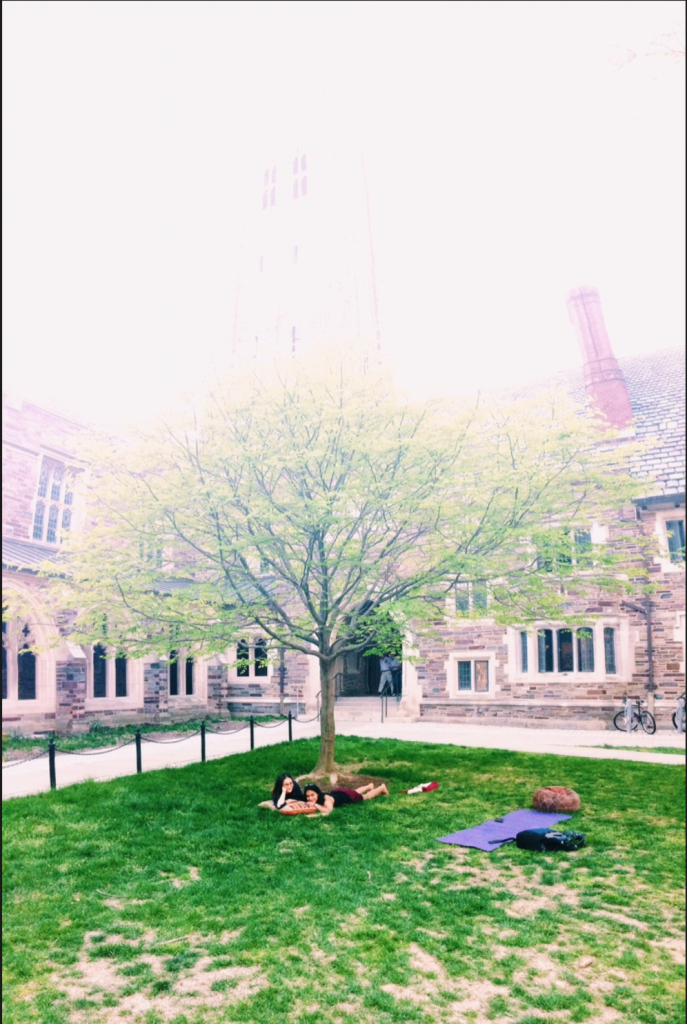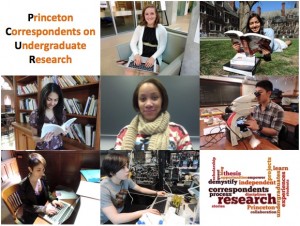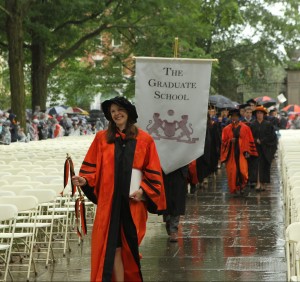
I’m going to be honest: I had originally never intended to apply to graduate school. In fact, one of my many reasons for studying engineering in college was straightforward, if not overly simplistic: an engineering degree, I believed, could land me a relatively good job without having to pursue a graduate degree. I didn’t want to take another standardized test, and above all, I didn’t feel like I would enjoy research. Rather than theory, I preferred engineering and building things, and I wasn’t convinced that was what people with graduate degrees went on to do.
The summer after my freshman year was when I first started to reconsider my decision not to continue with higher education. I got the opportunity to participate in a Research Experience for Undergraduates (REU) at Rice University that summer, helping to develop optical sensors. I knew nothing about the field prior to that, but spending the summer surrounded by enthusiastic PhD candidates was enough to make me reconsider that a graduate degree in an engineering discipline was useless. It helped that optics is such a deep and convoluted field that requires a good deal of physics knowledge to navigate well — it convinced me that in certain cases, it certainly does make sense to obtain extra training and background even if the end goal is to engineer systems. Continue reading Why I decided to apply to grad school


